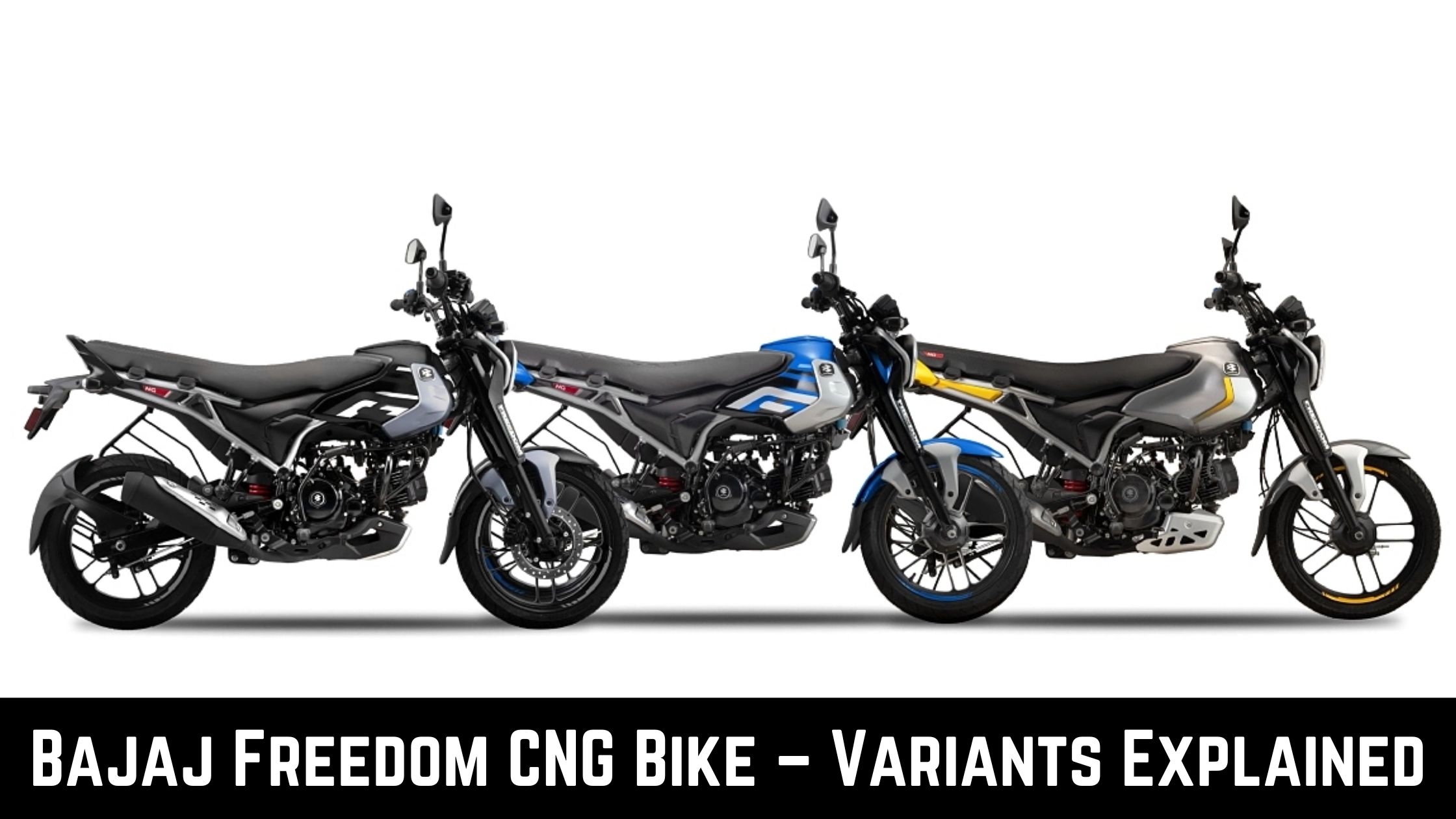
Since 1978, TVS Motor Company has been a prominent producer of two-wheelers in India, specializing in producing motorcycles and scooters. With its Jupiter and Wego scooters, TVS Motors has incorporated TVS Sync Brake System (SBS) technology. “Synchronised Braking” is what the Sync Brake System stands for.
When it comes to motorcycle safety, new technology is helpful. Because features like ABS are expensive, they could significantly raise the product’s price. Most businesses create their technology in-house to cut costs. Honda employs a proprietary technology known as the combi braking system.
Why Is The Sync Brake System Required?
To begin with, scooters are becoming increasingly popular in a country like India because they are pretty practical for daily commuting. The purchasing power of consumers has significantly increased as the economy grows more quickly. Sadly, there is inadequate training for riding, which results in mishaps.
Everyone in India has to be educated about road safety. When it comes to motorcycle braking system, beginner riders frequently make serious errors. Few riders possess the necessary brake knowledge. TVS identified the problem and created a brake system that prevents skidding caused by the back wheel locking. With this technology, applying the rear brake immediately applies the front brake.
India has a variety of terrains; therefore, stopping on these surfaces requires extra skill. However, most motorcyclists only use their rear brakes, which leads to an unequal distribution of braking power. The scooter can then skid and result in an accident. For effective stopping, both brakes must be used simultaneously.
How Does A Sync Brake System (SBS) Operate?
When the rider engages the rear brake, the TVS sync brake system (SBS) uses a reaction relay lever to apply the front brakes sequentially. The seamless transfer of brake force distribution from the rear to the front is facilitated by this relay lever. According to TVS, this results in a more seamless and effective speed reduction for the two-wheeler.
Moreover, it guarantees effective braking with shorter stopping distances. SBS makes sure that both brakes operate effectively at the same time. Additionally, the rider has more control with this technology than with a traditional brake system.
The “multiplier” is a crucial part of the system. It aids in equally distributing the braking force to the front and rear. In addition to distributing a portion of the braking force from the back, the multiplier can supply enough braking force to the show. Its equal distribution lowers the amount of braking force needed as a result. In the end, this lessens the load on the rider.
To sum up, the Sync Brake System (SBS) will contribute to effective braking, enhancing rider safety. It also uses technology to combat the problem of inexperienced and ignorant riders.



